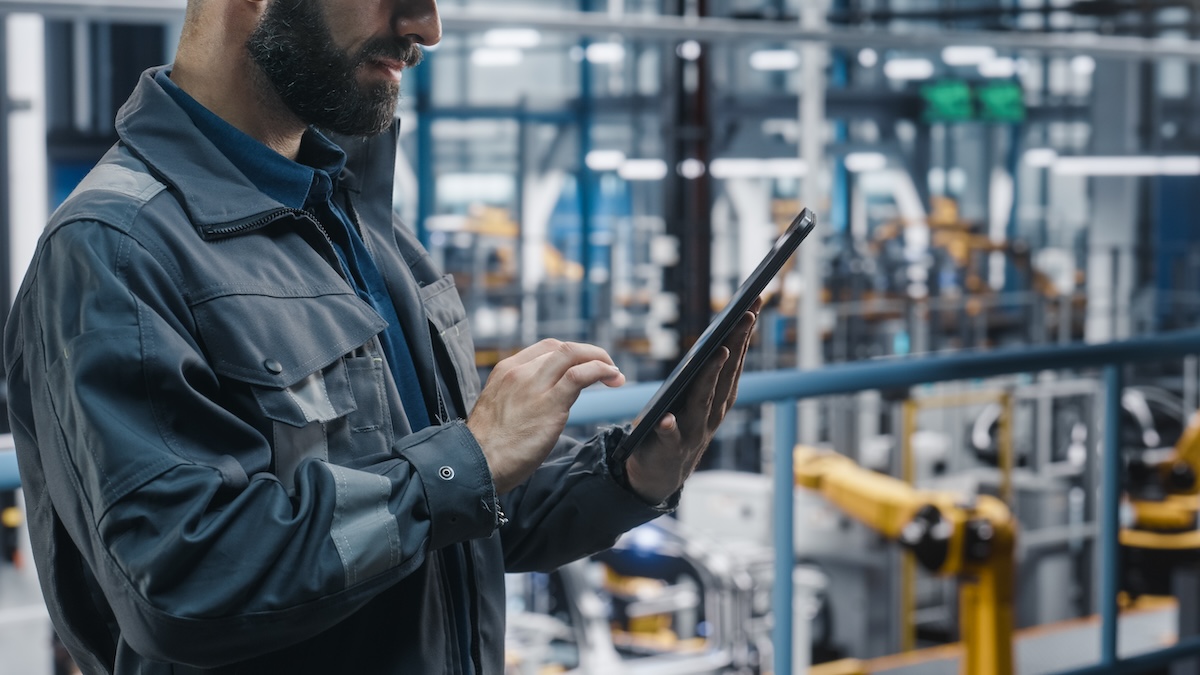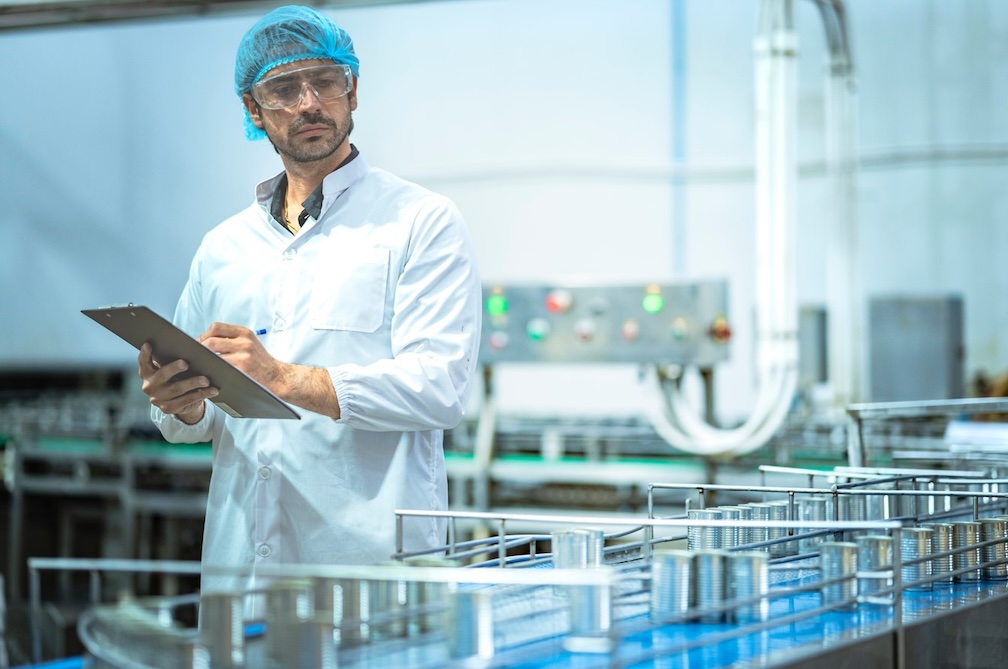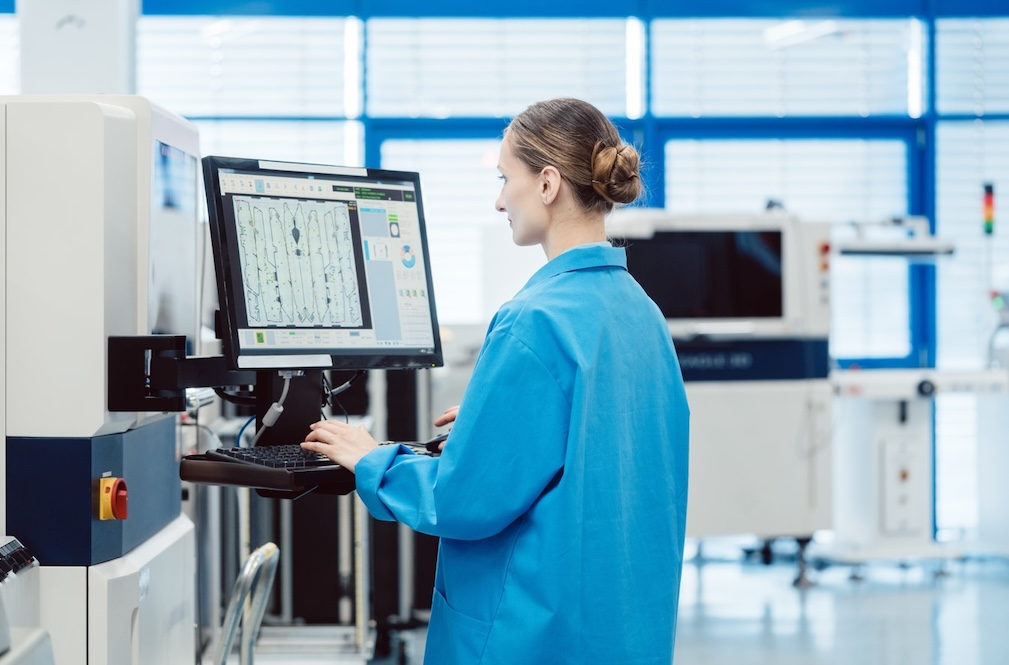In the world of continuous automotive advancements and increasingly stringent safety regulations, validation tests play a pivotal role. These tests ensure that industrial products meet the highest quality and safety standards. In this blog post, we delve into the topic of product validation and showcase how ProDSP assists in developing validation testing solutions!
Validation tests hold strategic significance in the automotive industry, as they contribute to the manufacturing of safe and reliable vehicles. During these tests, real-life conditions are simulated, subjecting components to various impacts to predict their behavior as accurately as possible.
The testing process encompasses both design validation (DV) and product validation (PV). While DV tests ensure that the product complies with design specifications during the development phase, PV tests verify that mass-produced products also meet quality requirements at the end of the manufacturing process.
Thorough validation testing not only serves the safety of consumers but also benefits automotive manufacturers. Early detection and correction of defects significantly reduce costs, prevent delayed market launches, and avoid unpleasant and expensive recalls.
Validation tests form an indispensable part of automotive product development and manufacturing. They contribute to the production of safe, reliable, and high-quality vehicles that meet both customer expectations and strict industry standards.
The main objectives and benefits of validation tests
In the ever-evolving world of the automotive industry, validation tests play a key role in ensuring the production of safe and reliable vehicles. These tests serve numerous purposes and offer significant advantages for both manufacturers and end-users. Let's explore them!
Verifying compliance with safety regulations
One of the most crucial tasks of validation tests is to ensure that vehicles and their components comply with stringent regional safety standards. Critical parts, such as brake systems, steering mechanisms, and airbags, undergo particularly rigorous testing. This process guarantees that these vital components function flawlessly and protect passengers in all situations.
Assessing component strength and durability
Automotive components often face extreme conditions, whether it's intense vibration, temperature fluctuations, or heavy loads. During validation tests, these conditions are simulated to assess the resilience and long-term performance of components. The data obtained helps predict how the parts will behave during real-world use, even under the harshest circumstances.
Final verification of compliance with design specifications
The last but not least important objective of validation tests is to verify that every component function according to design specifications. This final check is crucial for the overall performance of the vehicle, as it ensures that the coordinated operation of each element of the car provides the best possible driving experience.
Validation tests are indispensable for manufacturers to offer safe, durable, and reliable vehicles to their customers. Through these tests, buyers can be confident that their cars will perform exceptionally well under all conditions, allowing them to fully enjoy the pleasure of driving.
Product validation
Product validation (PV) plays a vital role in the automotive industry, ensuring that components and systems produced during the manufacturing process meet strict quality and safety standards. The purpose of PV tests is to ensure that products intended for mass production are suitable for everyday use in every aspect and to detect any potential defects before market launch.
During PV tests, engineers perform various simulations and stress tests to evaluate the efficiency and reliability of manufacturing processes.
Thanks to thorough PV testing, testing efforts and costs can be optimized, as engineers know exactly which areas require more attention based on the results of previous development validation (DV) tests. This avoids unnecessary repetitions and allows for more efficient use of available resources.
PV tests are not only important for product quality and safety but also contribute significantly to optimizing manufacturing processes and reducing costs. This enables companies to become more competitive and better meet ever-changing customer demands.
Validation test systems from ProDSP
In the automotive industry, quality and reliability are key factors. ProDSP Technologies Zrt. offers innovative solutions for partners in this field. Our main profile is the design and production of design validation (DV) and product validation (PV) test equipment, including the necessary standardized cable harnesses and control software.
ProDSP aims to deliver turnkey solutions to its customers. This includes all components of complex test systems, instruments, and data loggers, as well as control software, mechanical manufacturing, and necessary cable harnesses. Thanks to our customized systems, customers can confidently turn to ProDSP when they need optimal solutions.
Our partners include numerous globally recognized automotive and electronic component manufacturers. The ProDSP team of experts works closely with customers to understand unique requirements and develop personalized validation test systems. These systems enable thorough testing of components and products, ensuring compliance with strict safety and quality standards.
ProDSP's validation test systems and expertise contribute to automotive partners' confidence in integrating components and elements into their vehicles. The use of reliable and thoroughly tested components enhances vehicle safety, durability, and performance, ultimately strengthening customer satisfaction and brand reputation.




